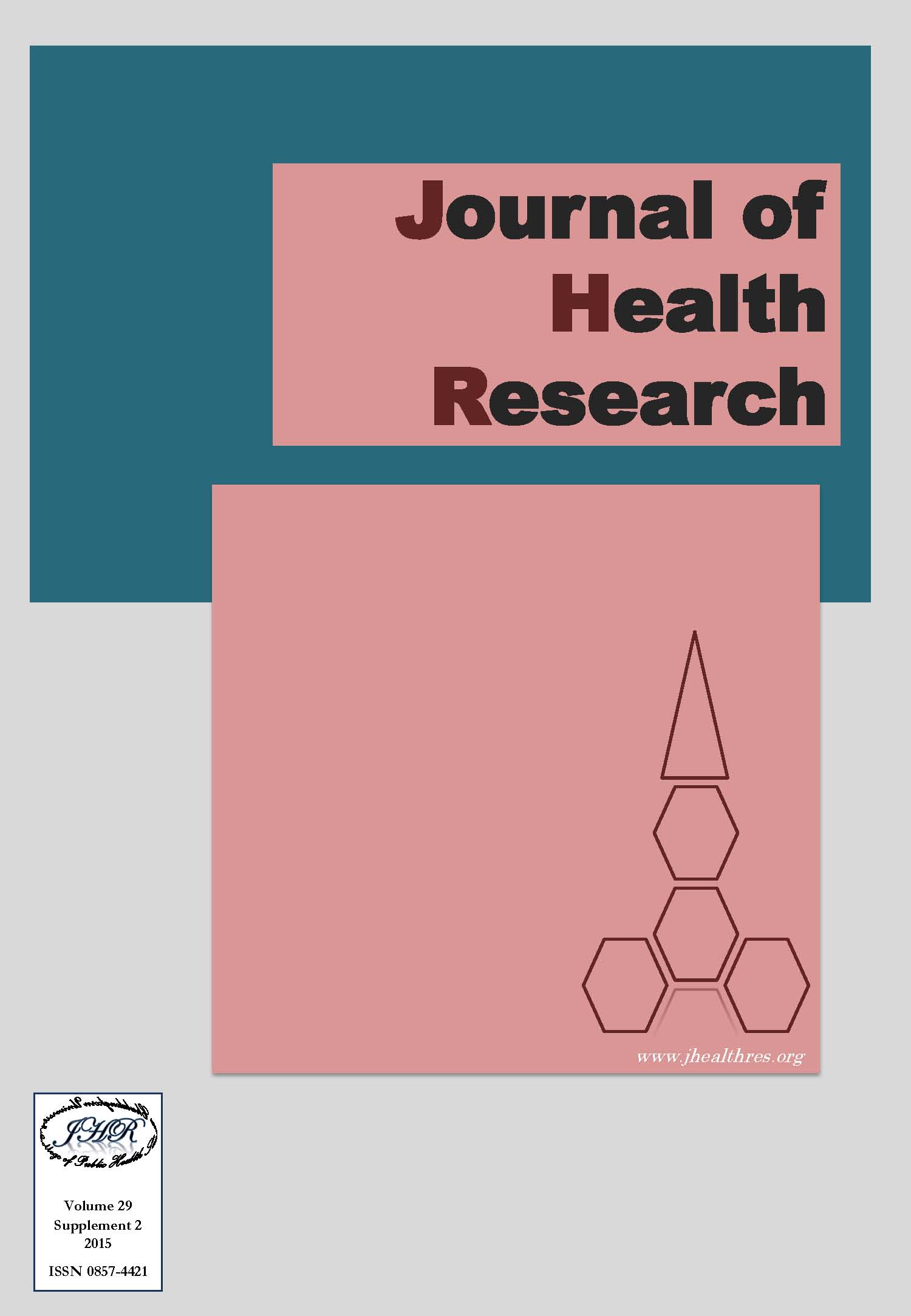Assessing age-friendly features and needs of elderly toward age-friendly city in Muang district, Ratchaburi province, Thailand
Keywords:
Age-friendly features, Needs of elderly, Age-friendly city, ThailandAbstract
Background: Demographic ageing and urbanization is the global trend in 21th century. With continuous growth of ageing population, World Health Organizaition (WHO) has intitiated the age-friendly city guidelines to prepare and support active ageing and ageing in place. The purpose of this study was to assess the age-friendliness of Muang District, Ractchaburi Province, Thailand; and to describe and identify the factors associated with domains of age friendly city.
Method: This was a cross-sectional study conducted with structured face-to-face interview questionnaire among 473 elders aged ≥60 years old living in Muang District, Ratchaburi Province, Thailand. Chi-square and Fisher’s Exact Test were used to analyze association between independent and dependent variableswith statistical significant of p< 0.05.
Results: Positive associations were found between social factors and 8 domains of age-friendly city in: knowledge on right to access to health with transportation (p<0.000), housing (p=0.046), social participation (p=0.018), civic participation and employment (p<0.000), and communication and information (p=0.004); frequency in participating in community activity with social participation (p=0.021) , and community support and health services (p=0.01). Negative associations were found in knowledge on environmental effect on health and housing (p=0.035); knowledge on community activity information with social participation (p=0.022); frequency in participating in community activity with and civic participation and employment (p=0.038).
Conclusion: Social factors on knowledge regarding health and participation were associated with 8 domains of age-friendly city. Despite the social factors, domains such as outdoor spaces and building, transportation, and housing build a important basis for the other domains of age-friendly city. The findings of this study can assist in planning and developing strategies for Muang District, Ratchaburi Province to become a more age-friendly city in the future.







